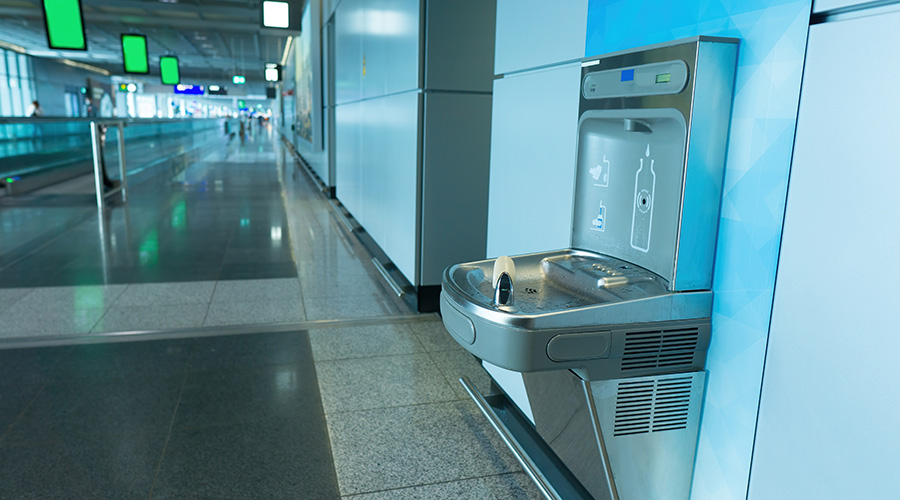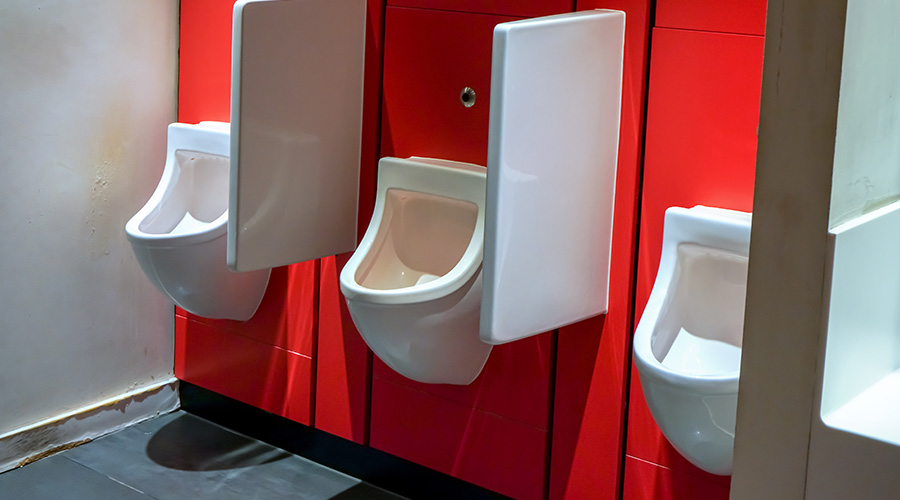Educational Programs Help Minimize the Need for Drain Cleaning
Education — both for building occupants and of technicians — is essential for minimizing the need for drain cleaning in institutional and commercial facilities.
In health care, the process involves ensuring a sterile environment by strict adherence to proper waste isolation and disposal procedures to avoid transmission of diseases. Point-of-use signs that show proper disposal of solid waste and points out well-maintained and clean waste disposal receptacles is a constant reminder for occupants to help prevent drains problems.
Education programs for maintenance technicians encompass safe and effective methods for using equipment, such as snakes, powered drain cleaners, high-pressure water-jet cleaners, and video cameras. The process also involves information on proper personal protective equipment, including gloves, glasses with side shields or goggles, hard hats, and respirators.
The education process also should address proper use of cleaning chemicals. Using correct, measured amounts and types of chemical cleaners, along with effective methods, ensures health and safety while minimizing product use. Experts warn against using acid-based cleaners because, in addition to eating away iron pipes, they dissolve the grease but simply move it farther into the drain, where it re-solidifies and can cause a worse clog. Bleach cleaners turn grease into carbon dioxide and water, and are much safer.
Inventorying cleaning chemicals can help housekeepers discover safety risks. If a houekeeper's closet has hydrochloric acid cleaner and another has sodium hypochlorite cleaner, and janitors use them in different parts of the same drain, they combine to form chlorine gas. If this combination backs up in a sink due to a clog, it can produce chlorine gas, which can be deadly.
Discussing drain cleaners with several vendors helps managers get the right combination for their drains, as well as advice on application training. Education courses offered by vendors ensure that supervisors know problems to watch for and that custodians know proper amounts for dilution rates to achieve the desired strength, and application methods.
Related Topics:













